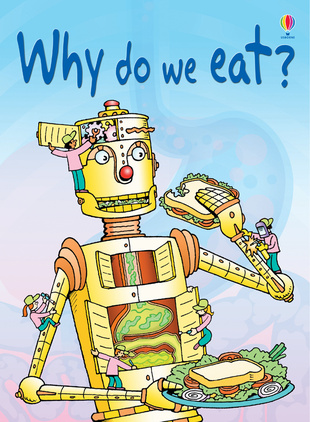3.2 Domestic roles
Week 5, focused on the changes in the domestic role of women and the effect of where you live on life chances. You will probably notice quite a few social science ideas in the previous sentence. A good example is ‘the domestic role’. Everyday conversations probably don’t usually use this phrase but it is used in social science to help identify a social issue clearly. In this case the issue is why men and women seem to behave differently at home.
Noticing this difference and then carrying out research to provide evidence is a key aspect of social science. It explains why it can be quite powerful, for example, noticing that men and women occupy different roles reveals what people think being a woman or a man involves, and has many implications, for example in relation to domestic violence.
Once you have reminded yourself about what you studied in Week 5 [Tip: hold Ctrl and click a link to open it in a new tab. (Hide tip)] , please do the following activity.
Activity 5 Reflecting on domestic roles, place and life chances
This is an opportunity to think about how your responses to and understanding of these aspects of social science might have changed.
Answer the following questions:
| Now | What's changed? | |
|---|---|---|
| ||
| ||
| ||
| ||
|
Comment
There are more questions in this activity about social science ideas. A key part of social science is taking these ideas and applying them to problems and issues that concern or interest people. If you have found that this approach appeals to you, then you will probably answer the final question by saying that you are more likely to choose a social science subject than you were at the start of this course.
In the two weeks that focused on arts subjects it was suggested that understanding of poetry and modern art begins with our own personal responses. In the social sciences these responses are shaped by the fact that we are individuals within a society. To survive and prosper, we all become social scientists, if only to navigate the encounters we have with people.
Some people suggest that humans are all scientists too because if we have an idea about something we try and test out whether it is true. For example, if I’m hungry, my ‘solution’ is to have something to eat. Science is a very human activity, but it can come to seem very specialised and dependent on high levels of expertise.


